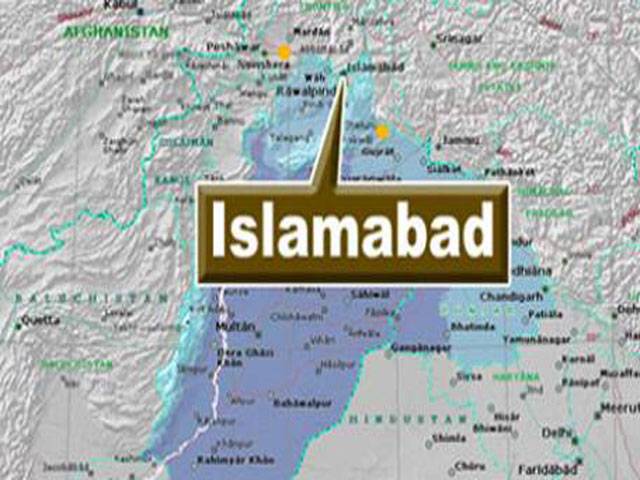islamabad - Federal Minister for National Food Security and Research, Sikandar Hayat Khan Bosan said Wednesday that installation of geo-spatial crop forecasting system would strengthen knowledge-based agriculture system.
The state-of-the-art crop forecasting systems have been installed at SUPARCO and Crop Reporting Services of Punjab and Sindh by Food and Agriculture Organization (FAO) of the United Nations and US Department of Agriculture (USDA), he said addressing a workshop here.
With the use of this system, the government and farmers will have access to accurate, timely and informative reports at the provincial and federal level.
“FAO and USDA is working with Pakistani specialists to bring latest technologies in the agriculture sector,” the minister said. He said the introduction of geo-spatial crop forecasting system in the country was example of skills and knowledge, the country needs to strengthen its role in world’s agricultural markets and in ensuring food security.
The system will increase the accuracy and decrease the costs of data collection on crop yields every year. Speaking on the occasion, FAO Representative-Pakistan, Patrick T. Evans said the crop yield forecasting was essential for the government to plan country’s export targets and ensure food security, especially for the two major crops wheat and rice, Pakistan is a major player in the global commodities market, he said adding a poor year in production of wheat or rice in Pakistan can have an impact on global food prices and lead to increased spending worldwide and in Pakistan, thus reducing food security in the country. If the government knows that yield of wheat or rice is going to be low, it can arrange measures to prevent food shortages.
Similarly, if the cotton yield is expected to be low, the country can either import cotton to keep our factories running or adjust export targets and plan for that year’s budget spending accordingly. The new system was procured and installed by FAO with funding from USDA at SUPARCO in Islamabad, the Crop Reporting Services of Punjab and Sindh, the University of Agriculture Faisalabad and Sindh Agriculture University Tando Jam. Work was done under the USDA-funded FAO “Pakistan Agriculture Information Systems” project which works to improve the quality of agricultural statistics in Pakistan using geo-spatial information.
With U.S. funding, FAO provided the software and hardware for the crops monitoring system and trains staff at SUPARCO, as well as at the Crop Reporting Services of Punjab and Sindh to support adoption of satellite imagery data and for more accurate forecasting of crop yields.
Others present on the occasion included Dr. Iftikhar Ahmad, Chairman PARC, Dr. Nadeem Amjad, Member (NRD), David William, Agriculture Counselor US Embassy Dr. Otto Gonzalez USDA and Imran Iqbal from SUPARCO. The workshop was also attened by government representatives of all provinces and regions of Pakistan, as well as SUPARCO, Crop Research Services, academia, farmers and the media. Specialists from FAO (HQs) Rome as well as the University of Maryland also attended the event.
Friday, April 19, 2024
Geo-spatial system introduced for forecasting crop yields

US vetoes Palestine’s bid for full UN membership
8:27 AM | April 19, 2024
20pc Discos employees involved in power theft: Minister
April 19, 2024
Five govt officials shot dead in D I Khan
April 19, 2024
Parvez Elahi’s indictment delayed again in two cases
April 19, 2024
Hepatitis Challenge
April 18, 2024
IMF Predictions
April 18, 2024
Wheat War
April 18, 2024
Rail Revival
April 17, 2024
Addressing Climate Change
April 17, 2024
Justice denied
April 18, 2024
AI dilemmas unveiled
April 18, 2024
Tax tangle
April 18, 2024
Workforce inequality
April 17, 2024
New partnerships
April 17, 2024
ePaper - Nawaiwaqt
Advertisement
Nawaiwaqt Group | Copyright © 2024





